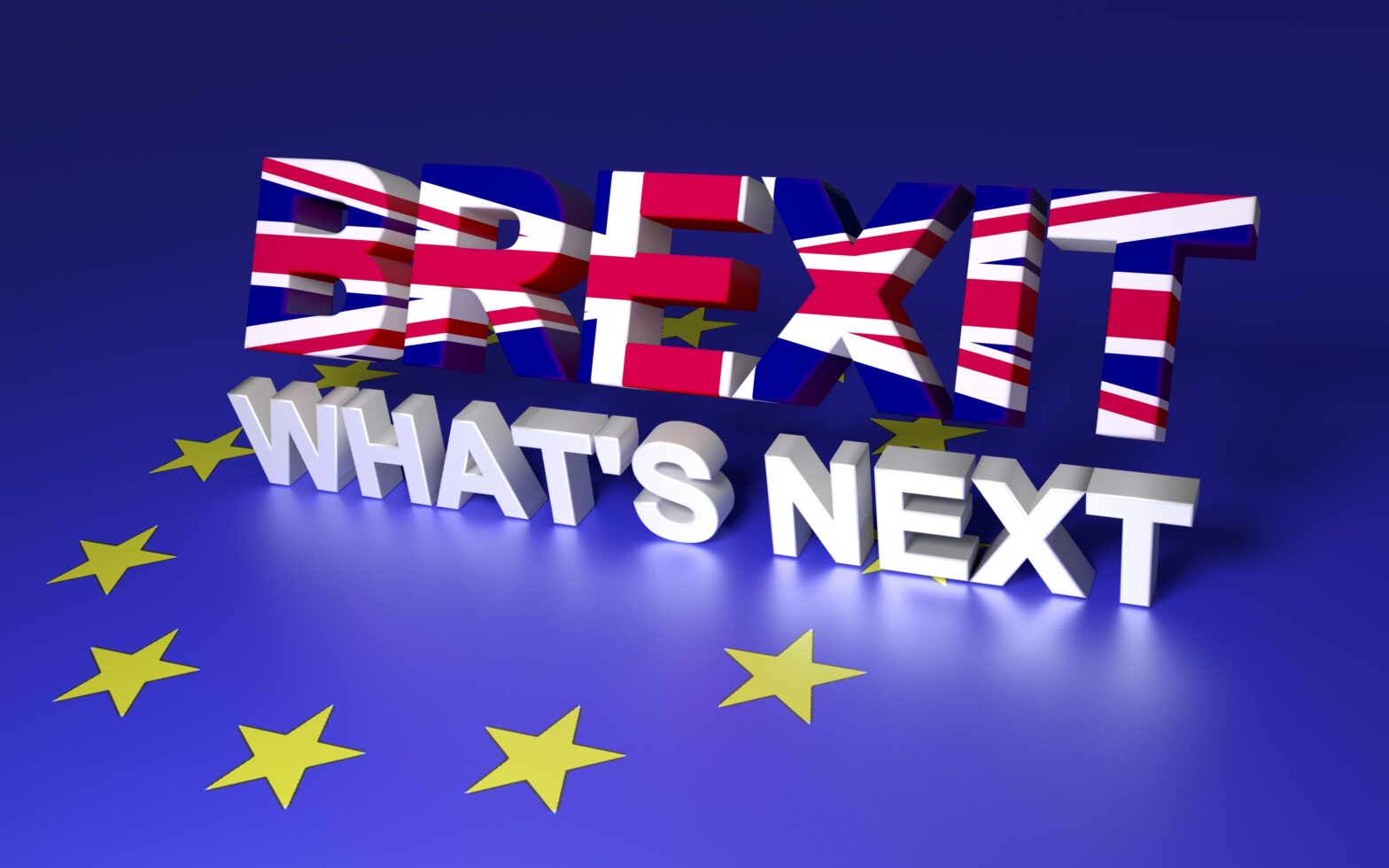In a recent survey conducted by Currencies Direct and Tamebay we found that 88 per cent of the e-commerce businesses we spoke to already sell overseas and 45 per cent of those companies believed expanding international sales was important to the future growth of their business. With overseas trade key to most e-commerce businesses Brexit uncertainty is a headache, however, as the politician once said, there are ‘known unknowns’, for instance:
Import duties and VAT are likely to change
The need for documentation will increase, such as proof of origin of goods being imported. Customs clearance costs are likely to change and delays to clearing customs can be expected. Reintroduction tax is likely if sourcing from an EU country then selling back into the EU. Higher fulfilment/delivery costs to EU countries is likely if there are higher duties/taxes/customs requirements. Currency volatility will continue, impacting both selling and sourcing prices. Online shoppers from the EU may turn-away from UK sellers due to lack of confidence. And UK sellers in EU markets may find that they are disadvantaged vis à vis EU-based competitors.
So as a business what can you do? We have identified seven areas where planning today will help with tomorrow, whatever that may look like.
1. Put plans in place to manage currency risk
Fluctuating currency values has been the new normal for a while now, but since Brexit awareness has grown. Unsurprising really, with sterling at the time of writing more than 15% down on the dollar than it was before the referendum result.
The degree to which the strength of sterling relative to other currencies goes up and down matter to your business depends on:
- Where you are based
- Where most of your customers are located, and
- Where you source your products.
It is unlikely that currency volatility will end when the Article 50 clock stops. If your business is exposed to currency changes there are ways to manage your exposure and bring in some certainty and control, whether to stem losses or secure profits. Currency hedging for instance allows you to fix currency costs to offer some certainty, just like fixing your mortgage or energy bills offers certainty for monthly outgoings.
2. Investigate local sourcing
Could changes to trade deals impact how you source products and materials? For example; many UK businesses source materials or products from China. After Brexit it may be that certificates of product origin, to demonstrate conformance to UK and EU standards and requirements will apply. It is also likely that new import charges and taxes will apply, although whether these are higher or lower is yet to be seen.
Sourcing locally, within the UK, would minimise the impact of these changes and offer more certainty. It is also worth noting that payments to China are often made in US dollars and with sterling’s decline in value against the dollar it may be more cost effective than you think to source locally.
If you really can’t source locally, focusing on strengthening relationships with your existing suppliers should help you to negotiate terms in the future.
3. Redouble your efforts in the UK market
The UK is home to the second largest number of Internet users in Europe and to some very active online shoppers: 77 per cent of UK Internet users made a purchase online in 2015, making it one of the leading markets in Europe. Making the UK a very attractive market place for online retailers.
Are there ways to bolster your UK sales? Revisiting product, pricing, and marketing and considering if these could be improved, and build on existing brand awareness (see point 4).
4. Nurture the customers you have
Coming changes will have an impact but your current customer base both in the UK and overseas can and should be nurtured and built upon. Strengthening brand, improving product quality and/or customer service and make your consumer proposition compelling – encourage brand loyalty now rather than later.
5. Investigate new markets beyond the EU
Britain may leave the EU but it won’t change that it is our closest neighbouring market. However, there are other markets and looking beyond the EU could help with growth and spreading the risk that the impact of change could have on your business. For example, big markets like former Commonwealth countries Australia and Canada, the US, Asia
It is also worth looking at marketplaces. The biggest are well-established consumer channels that enjoy high local traffic and large numbers of repeat customers: Amazon, Alibaba, Rakuten and Newegg, for example. They provide invaluable local knowledge to help you to understand local requirements and work out how best to participate in that market. Plus, in countries where shoppers may be reluctant buy online from cross-border suppliers, buying through a marketplace can reduce the risk perceived by shoppers.
6. Be flexible and prepared to adapt
Brexit may close doors but it may also open them. It is worthwhile taking the time now to look at how your operation is run, making it lean and profitable and capable of scaling up or down.
Consider the processes that you have in place to handle changes to existing requirements like import duties, taxes, customs clearance and legal changes and so on. Are they flexible enough to handle change fast? If not, can you make them more flexible now?
If you can run your operation more efficiently and cost-effectively, you will be in a better position to absorb any increased cost or negative currency impact moving forward.
7. Make hay while the sun shines!
Of course, it is worth remembering that nothing has changed yet. The clock is ticking and while it is UK businesses continue to enjoy the privileges of EU membership. There is time to position your business, to plan and to be as prepared as you can be to maximise the opportunities and minimise the pitfalls of any changes yet to come.
Brian Harris is chief product officer at Currencies Direct.





